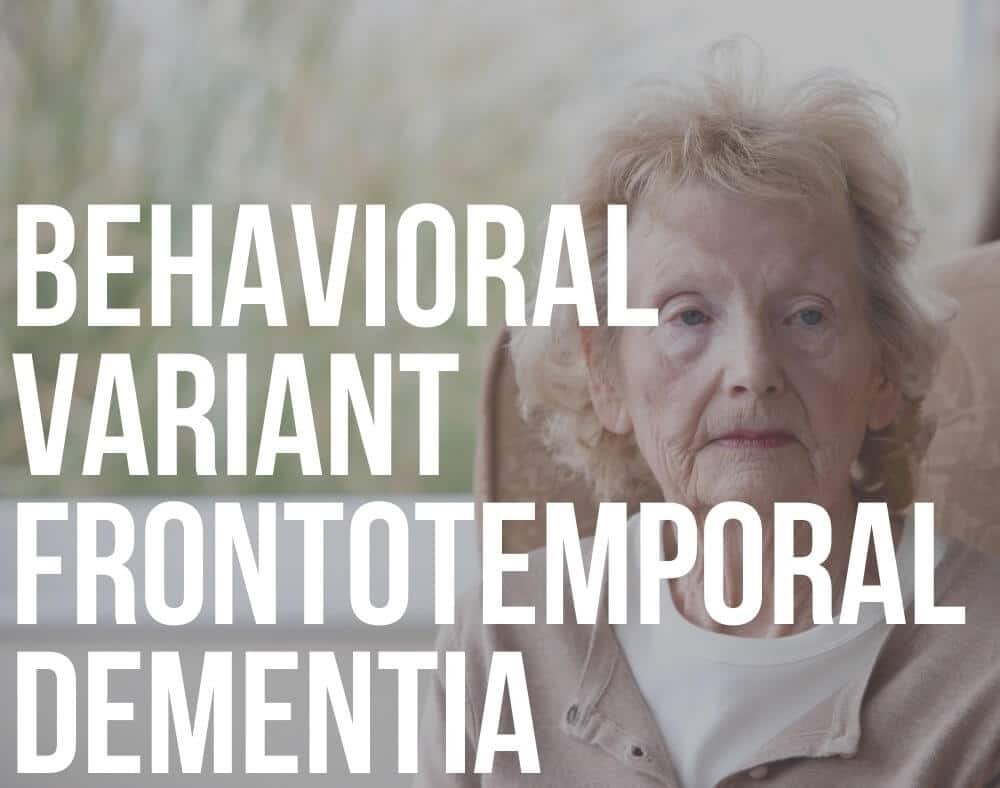Sleeping problems and changes in sleeping patterns are common in people with Alzheimer’s. Scientists are still unsure why, but know that they are often linked to the changes in the brain that are caused by Alzheimer’s. Helping Alzheimer’s patients sleep is an ongoing challenge for medical professionals because the periods of broken sleep tend to be more frequent and more severe.
Getting adequate sleep is important for your loved one but will also benefit you, as you will be able to enjoy a relatively peaceful night’s sleep too.
Contents
Helping Alzheimer’s Patients Sleep

What type of changes in sleeping occur?
The common sleep problems include difficulty in getting to sleep and staying asleep at night, and sleepiness during the day.
Many Alzheimer’s patients are awake frequently during the night and then wake prematurely early in the morning. This is all very challenging – and exhausting for the carer.
Many Alzheimer’s patients also find it difficult to get back to sleep if they do waken during the night.
Unfortunately, this often leads to them becoming fidgety in bed and some call out for help, whilst others begin to wander around the house.
All of these things lead to disrupted sleep for everyone in the house. Sleep disturbances do tend to get worse as the Alzheimer’s progresses.
‘Experts estimate that in late stages of Alzheimer’s disease, individuals spend about 40% of their time in bed at night awake and a significant part of their daytime sleeping. In extreme cases, people may have a complete reversal of the usual daytime wakefulness-night-time sleep pattern’. Source
Your loved one may be experiencing a difference in their normal sleep pattern and may want to take a daytime nap, but when this occurs happens, they find that they cannot sleep at night.
It is important to remember that many older people who do not have Alzheimer’s find that they require less sleep and experience changes in the times they fall asleep and wake in the morning.
Later in this article we do provide suggestions for helping Alzheimer’s patients sleep.
Changes due to medical problems
 If your loved one is depressed, this could well affect their sleeping problem and is best discussed with your family doctor.
If your loved one is depressed, this could well affect their sleeping problem and is best discussed with your family doctor.
Other problems that can disturb sleep include Obstructive Sleep Apnoea which is a potentially serious condition and is when the breathing pattern alters and the person stops breathing numerous times during the night.
This medical condition is more common in people with Alzheimer’s.
‘Restless Legs Syndrome’ is another cause of broken sleep and this is when the legs twitch and tingle involuntarily.
Sometimes sleep problems can occur when your loved one is suffering from mental and physical exhaustion after a particularly busy day.
Feeling disorientated can also cause sleep difficulties and changes in their body clock.
A number of Alzheimer’s patients become restless and agitated late in the afternoon.
This is a well known problem and is called ‘late day confusion’ and can cause confusion and agitation.
It is triggered by the changing amount of daylight, but luckily can be addressed with the clever use of subtle indoor lighting using dimmer switches or your doctor may advise the use of a Melatonin supplement.
Natural medications
Ways to get better sleep for those with Alzheimer’s
Helping Alzheimer’s patients sleep: if you are finding that your loved one is getting broken nights, it is well worth trying some of these natural remedies:
 ● Try and establish a routine and keep mealtimes and bedtime at the same times each day. Make sure the evening meal is at least four hours before bedtime.
● Try and establish a routine and keep mealtimes and bedtime at the same times each day. Make sure the evening meal is at least four hours before bedtime.
● If the sun is shining spend time outdoors together first thing in the morning.
● Enjoy some exercise during the day – walking, swimming and gardening are all good. Do not exercise in the evening within two hours of bedtime.
● Ensure that the bed is comfortable and at the bedroom is at the right temperature and has night lights so they can find their way easily to the toilet during the night.
● Avoid stimulants and do not offer your loved one alcohol or caffeine or let them have nicotine.
● Limit the length of your loved one’s daytime nap.
● Television in the hour before bedtime can prove a problem. Playing soft, soothing music instead will be more beneficial.
● No medication – especially cholinesterase inhibitors- should be given within two hours of bedtime.
● If your loved one wakens and cannot get back to sleep easily, it is best that they get up.
The use of medication
 Sometimes if all the above suggestions have failed, medication for Helping Alzheimer’s patients sleep will be prescribed.
Sometimes if all the above suggestions have failed, medication for Helping Alzheimer’s patients sleep will be prescribed.
However, this is unusual as it comes with many increased risks for older people such as falling and added confusion.
If medication is used, it will be for a very limited time in order to re-establish the sleeping routine.
If this is the path suggested by your doctor, it is important to fully understand both the benefits and the risks of the suggested medication.
Final Thoughts – Helping Alzheimer’s Patients Sleep
It is very important that you get plenty of quality sleep and rest so that you can cope with the demands of caring for your loved one during the day.
Perhaps you have a family member who can regularly step in and cover for you at night or else there may be help available if you contact your local dementia association.
Our hope is that you now have a better understanding of what causes sleep apnoea with Alzheimer’s. The important point is not to suffer in silence and try and manage by utilizing the tips we’ve suggested with helping Alzheimer’s patients sleep.













